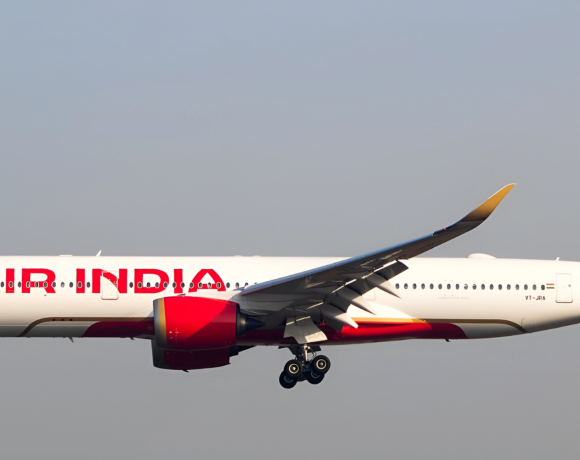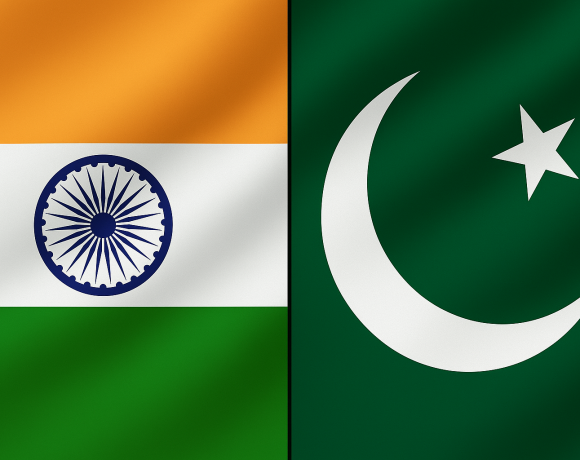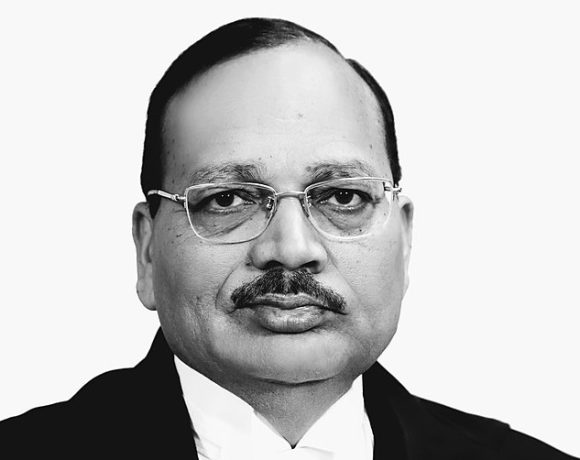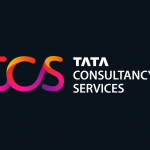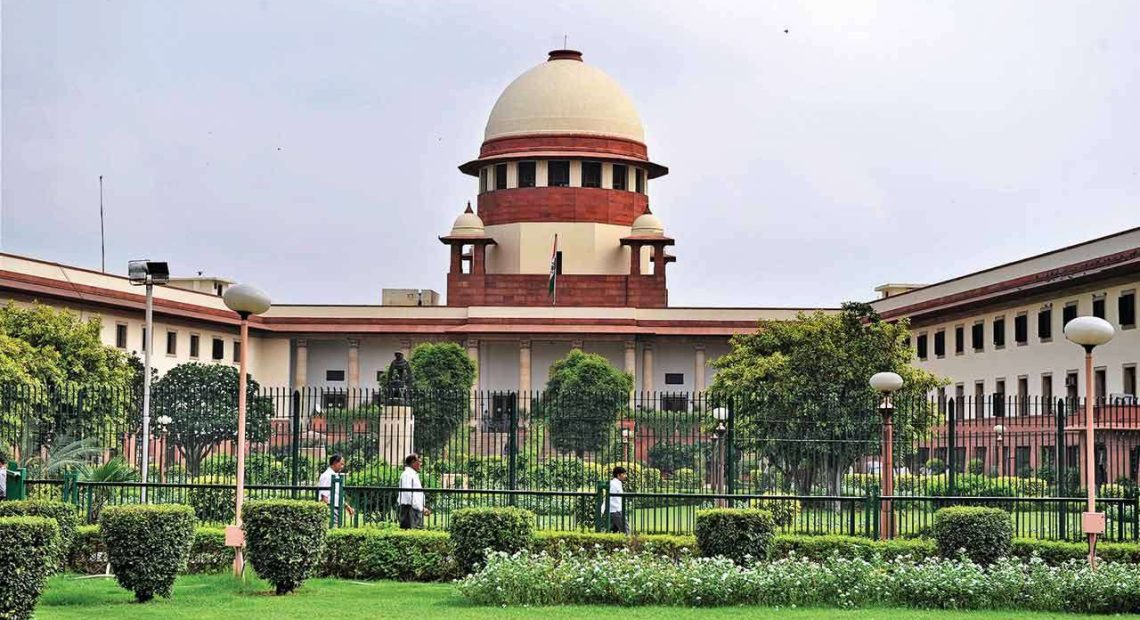
Supreme Court: Commercial Speech Isn’t an Absolute Freedom
The Supreme Court has emphasized that freedom of speech does not extend automatically to commercial content, particularly when it involves public performances or entertainment. The ruling came in cases involving stand-up comics whose material mocked persons with disabilities.
Apologies Extorted by Influence
Comedians like Samay Raina, Vipun Goyal, and others were asked by the court to publicly apologize for jokes that offended vulnerable communities. The bench reminded entertainers that commercialising speech carries a responsibility to avoid content that may harm or disrespect others—even under the guise of humour.
Guidelines Expected for Influencers
The Attorney General acknowledged the need for broader guidelines governing commercial content and online influencers. The court recommended the involvement of experts in crafting any regulations rather than reacting to isolated incidents.
Balancing Rights with Responsibilities
Justices noted that speech, especially for entertainment, must balance creative freedom with social sensitivity. While humour remains vital to expression, using it to demean communities crosses into irresponsible territory. The court urged a balance between rights and obligations, stressing that apologies are not sufficient if harmful patterns persist.



